Table of Contents

MS Bahasa (for Indonesian Students) Ms. Pipit
In Semester 2, Grade 6 continues to learn Bahasa through reading fable books. They are reading them to learn new intermediate/advanced words, to pronounce them correctly, to get familiar with sentence structures and to acquire basic grammar.
They take a turn reading the fable aloud. From each page of the book, students are expected to write a one-sentence summary. This short summary must contain the selected words from the page discussed. By the end of this semester students will have expanded vocabulary so they will be ready to learn more challenging materials in Grade 7.
Grade 7 students learn to use intermediate/advanced words for making grammatically correct sentences and paragraphs. They learn parts of a sentence: subject, verbs, adjectives, adverbs, prepositions, etc. They learn by making crossword puzzles for the advanced words, quizzing each other, playing games and translating short paragraphs to help them remember. They are challenged to make interesting scripts for various skits that gave them opportunities to put their language knowledge into practice.
The theme for Grade 8 Bahasa class this semester is Geographical Features of Indonesia. Students learn an Indonesian song “Dari Sabang Sampai Merauke” which translates “From Sabang to Merauke.” They strengthen their listening skills by listening to audios explaining knowledge about our archipelago. They then practice their speaking skills by presenting about main islands and seas. Reading texts about geography is a challenging task as students find advanced vocabulary and complex sentence structures in them.
See also: Secondary Scoop: MS Bahasa and SS Theatre Arts
MS Bahasa (for Expat Students) Ms. Dita
Class 6 begins unit 5, The Inventions That Changed the World. The first text they will read is about the inventor of the computer. We begin with reading and then find definitions of vocabulary that are commonly used in the discovery process, such as ideas, inventors, development, creation, etc. At the end of this unit, students are expected to be able to write a paragraph that explains a discovery using the vocabulary that has been learned in context.
Class 8 starts unit 5, Tourism Activities. In this topic, we begin by reading a text about someone on vacation to a museum in Bogor. In the text the writer writes coherently about his experience of visiting the museum and explains what he saw. In this unit, students are expected to identify the main idea in a paragraph and how that paragraph is developed. At the end of this unit, students will be asked to develop their own paragraph.
HS Theatre Arts: Ms. Leadbetter
The Theatre Arts students in the High School have continued to diligently and enthusiastically embrace the subject, as we continue to study online at SIS. The class ended the first semester with a unit based on World Theatre. Students were given the opportunity to choose an area of study from various theatrical traditions from both western and non-western cultures. Students researched their topic and focused on areas such as theatrical conventions and traditions, acting techniques, technical elements, staging, and costume and make-up.
Finally, pupils were able to demonstrate their knowledge and understanding of their chosen topic through a powerpoint presentation to the class. Students learned about a number of worldwide theatre traditions in this unit of study.
The class has begun the second semester with a unit on Scriptwriting. All playwrights must start the process of writing with ideas and thoughts, which can be further developed into writing for the theatre. Inspiration for writing can be derived from a multitude of sources.
In the first part of the unit, students have been using art as a starting point for initial story plans, which could be developed into a possible script, further in the unit. They have also been using their own life experiences as inspiration for story ideas. The unit will enable students to discover the art of script writing, and in turn, to further develop their creativity in the subject.









